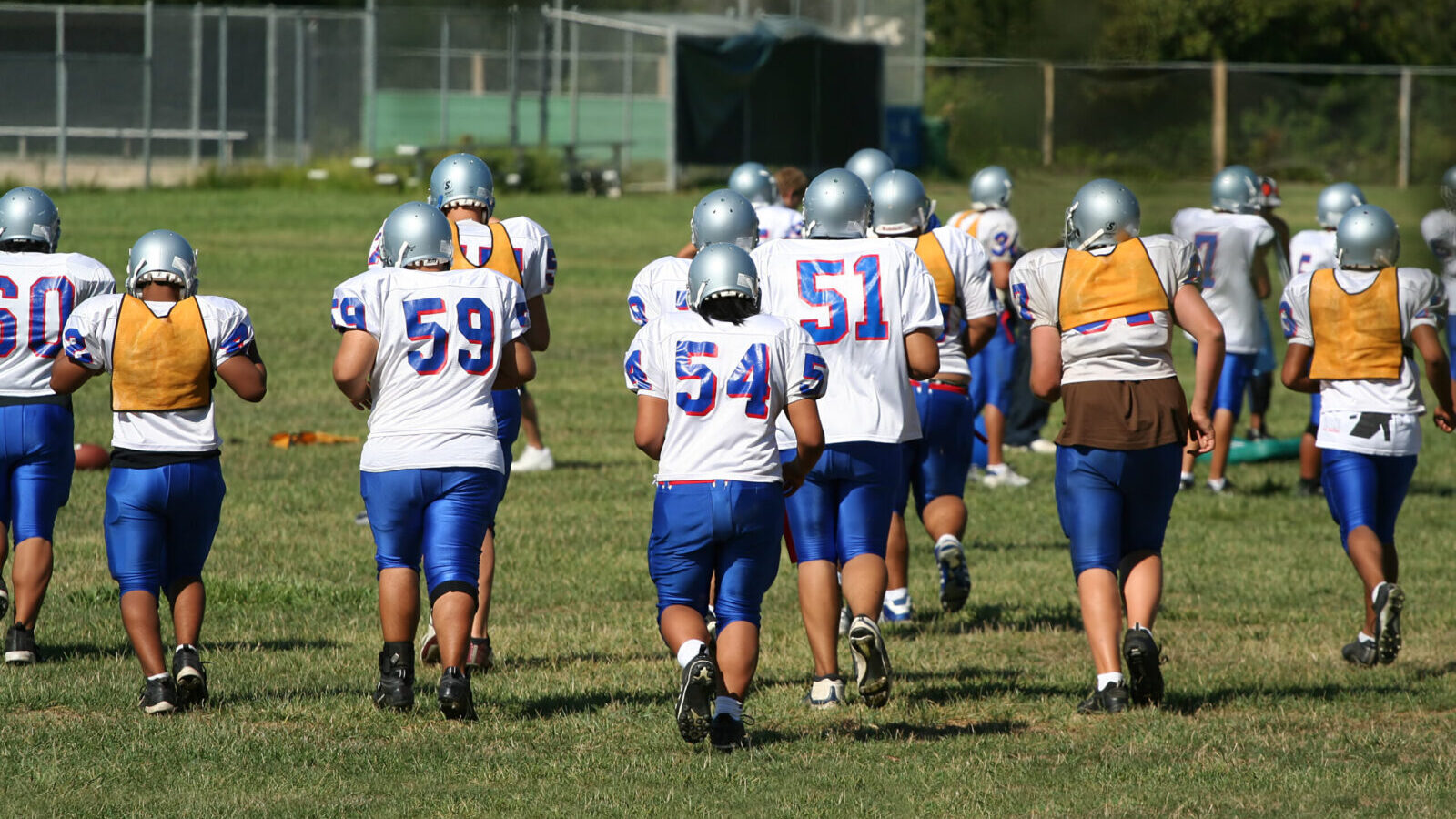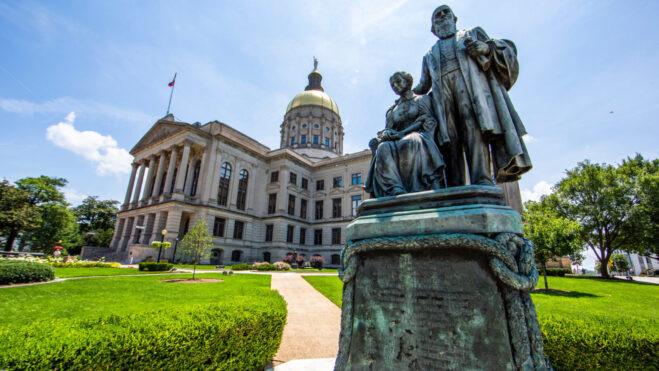Florida Lawmaker Wants To Pay High School Coaches With Sportsbook Revenue
Any adjustment to what sports betting revenue funds would require a change to the Seminoles’ gaming compact
3 min

A Florida lawmaker who has pushed to increase pay for the state’s high school coaches is considering a creative source for those salary bumps:
Florida sports betting revenue.
Rep. Adam Anderson, representing Pinellas County, which sits just west of Tampa and includes St. Petersburg, has joined forces with the Florida Coaches Coalition to advocate for a $15 minimum wage for Florida high school coaches — which will actually become the state’s minimum wage come September 2026, when it’s increased from its current $12. He hopes to bring the discussion to the Florida Legislature when it begins its next session in March 2025.
Back in March of this year, the director of the Florida Coaches Coalition, Dr. Andrew Ramjit, told the Palm Beach Post he’d like to fund the extra coaches pay with money from proceeds related to name, image, and likeness compensation, which Florida approved for high school athletics in July.
But now, Anderson said sports betting revenue could also be an option.
“If we carved out a percentage from revenue in a certain area and it’s earmarked specifically for coaching pay … (like) revenue we get from sports betting,” Anderson told News4Jax. “It’s a new stream of revenue we have in the state. What if we took some of that money? We haven’t gotten that far. I haven’t looked into where that’s going. The money’s there if we can get across that legislatively.”
What would need to change?
Currently, sports betting in Florida is only legal via the Seminole Tribe. Florida residents can either bet at one of the Seminoles’ six casinos in the state, or they can bet online using the Seminole-owned Hard Rock Bet platform — although Hard Rock has recently signaled a willingness to strike deals with other commercial operators like DraftKings and FanDuel.
So, since sports wagering is only legal through the Seminole Tribe’s gaming compact with the state, any adjustment to what sports betting revenue will fund would require a change to that gaming compact.
As of today, 96% of the $750 million Florida receives from the Seminoles via the gaming compact is earmarked for water-quality and water-related projects and funds.
The extra funds necessary for a $15 minimum wage for Florida high school coaches wouldn’t make much of a dent in that annual $750 million windfall. Football coaches would need to work a minimum of 1,500 hours for a $22,500 stipend. Baseball, basketball, soccer, and volleyball head coaches would need to work 1,000 hours for a $15,000 stipend. And all other coaches would be required to work at least 750 hours for a $11,250 stipend.
For comparison, the current highest-paid varsity head football coach in Florida gets a supplement of $8,317. Supplements are collectively bargained by unions right now.
“[I] had some early conversations with the governor’s office on it,” Anderson told News4Jax. “All I can say definitively from those conversations is there is an understanding in their office (of the issue) and there is a motivation to do something. What that is, we’re not there yet. This session, we’ll start fleshing this out through committee. I would say we could have impactful conversations (in committee).”
A potential obstacle for Anderson and the Florida Coaches Coalition could be the status of teachers’ salaries in Florida, which are infamously low. Gov. Ron DeSantis promised a $1.25 billion salary funding boost in the 2024-25 budget, but there could still be lawmakers who would rather push for increased teacher pay than coaches pay right now.
“It is an area I want to see the needle moving on, certainly,” Anderson told News4Jax. “It’s taking an incremental step to move the needle in the right direction. It’s very, very possible (to see coaches get more pay).”
Other states’ creative uses for sports betting revenue
Florida would be far from the first state to get creative with its sports betting revenue.
Here are some other states with noteworthy ways of spending sportsbook tax revenue:
- North Carolina: A small percentage of revenue goes toward an annual youth sports grant fund. Organizations can apply for money from this fund to pay for sports equipment or facility upgrades. North Carolina sports betting also created a new revenue stream for historically black colleges and universities (HBCUs) in the state.
- Illinois: Part of the revenue is specifically allocated for a baseball field in Chicago — $515,000 — and a radio communications tower in Oak Forest — $260,000.
- Kentucky: 98% of sports betting revenue funds state pensions.
- Michigan: Part of revenue helps support state firefighters battling cancer.
- Mississippi: All revenue goes toward the state’s highway fund until 2028. So sports betting in Mississippi is literally building the state’s roads.
- Oregon: A chunk of revenue is earmarked for maintaining and restoring watersheds, both for people and animals like salmon.
- Nebraska: 70% of revenue is dedicated to property tax relief.
- Maine: 4% of revenue is earmarked for the state’s Agricultural Fair Promotion fund, which is meant to help promote the state’s 25 licensed agricultural fairs.
- Colorado: All revenue goes toward water planning.
- Ohio: Most revenue funds interscholastic athletics as well as extracurricular youth activities.
- South Dakota: 40% of revenue is earmarked for tourism promotion in South Dakota, including but not limited to Deadwood Mardi Gras, Chinook Days, and the Pumpkin Fest.






